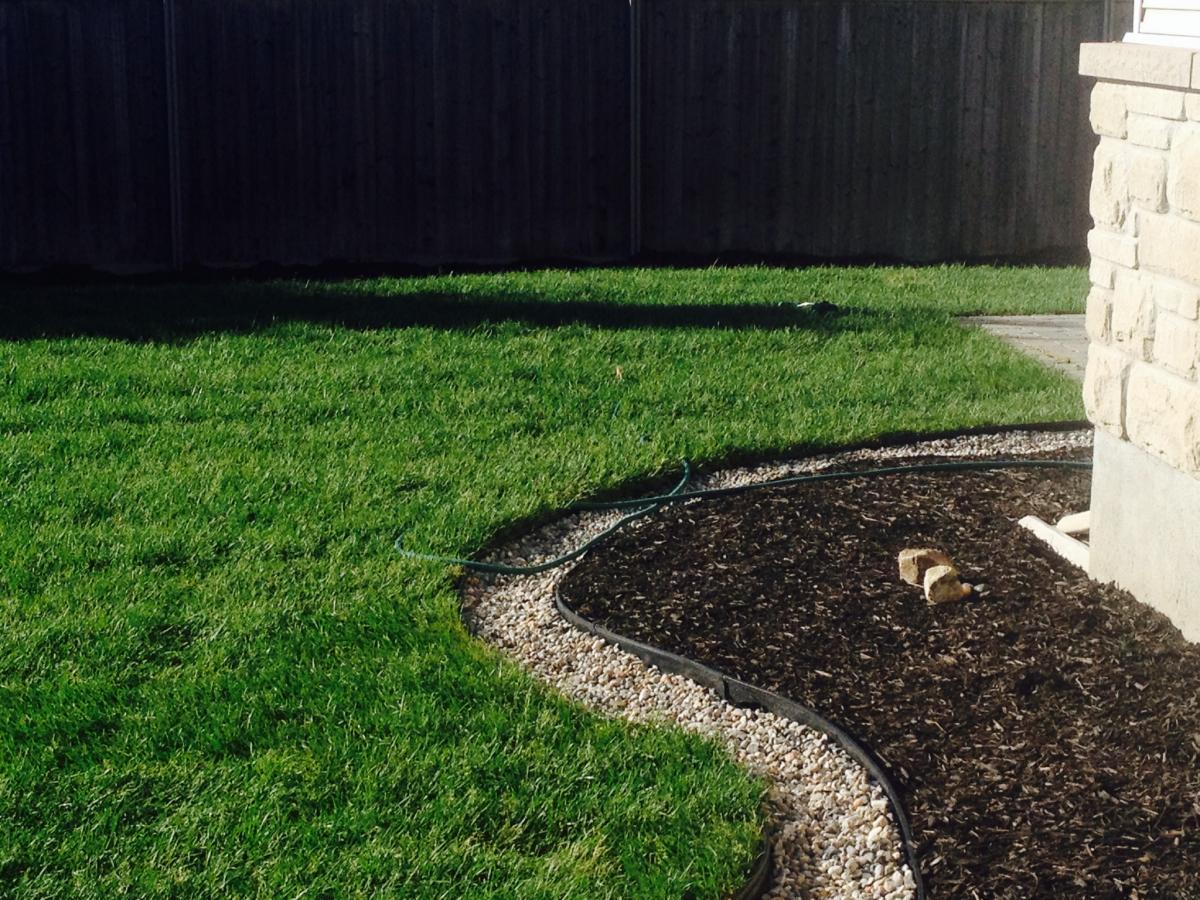"The Benefits of Artificial Turf Installation in Denver" Things To Know Before You Buy

The Environmental Impact of Artificial Turf Installation in Denver

Synthetic grass has got level of popularity as an alternative to natural yard in Denver and a lot of other metropolitan areas throughout the world. It provides numerous perks, such as reduced routine maintenance and lowered water usage. Nonetheless, there are actually worries about the environmental impact of synthetic turf installment in Denver. In this write-up, we are going to look into these problems and review the overall sustainability of artificial turf.
One of the principal ecological concerns connected with fabricated grass is its carbon impact. The manufacturing and transit of artificial materials used in man-made lawn contribute to green house fuel exhausts. For instance, the production method entails the removal and refining of petroleum-based components like nylon material and polyethylene, which release dangerous exhausts in to the setting.
Additionally, putting in A Good Read -made turf demands notable amounts of power. This is because it entails excavating ground, preparing a base coating, and laying down the synthetic yard. These methods usually depend on hefty equipment that runs on fossil energies, further contributing to carbon discharges.
Water usage is yet another vital aspect to take into consideration when determining the ecological influence of artificial grass setup in Denver. One of the primary factors for setting up artificial lawn is to minimize water consumption matched up to all-natural yard lawns. While this might be real in regions along with minimal water sources or throughout droughts, it is not essentially relevant to all areas.
In Denver, where rains is pretty bountiful compared to arid locations, organic yard yards may be sustained along with low irrigation throughout wetter periods. On the other hand, man-made turf requires no sprinkling but preserves warmth additional than all-natural yard does. This can exacerbate city warmth island results and increase air conditioning demands in adjoining buildings throughout warm summer months.
Furthermore, stormwater management becomes a worry with man-made grass setups. Natural yards have dirt that aids take in rainwater and filters toxins before they get to groundwater systems or body systems of water like rivers and ponds. In contrast, a lot of artificial lawns have a non-permeable surface area that prevents water from trickling through. This can easily lead to increased overflow and the possibility for contaminants to get in rivers.
One more environmental factor is the end-of-life fingertip of fabricated lawn. Synthetic grass has actually a limited life-span, usually around 10-15 years, after which it require replacement. The fingertip of worn-out grass elevates numerous concerns as a lot of artificial materials are not biodegradable. Landfilling synthetic lawn provides to squander collection and takes up beneficial room.
Reprocessing synthetic lawn is an alternative answer that may relieve its environmental effect. Some business specialize in recycling made use of artificial lawn through splitting the plastic fibers from the infill materials. This allows for the reuse of components and lowers waste sent out to landfills.
Despite these issues, it is important to recognize some positive facets of installing man-made lawn in Denver. For case, it gets rid of the requirement for regular mowing and restrict the usage of plant foods and pesticides that can harm communities and contaminate water physical bodies.
In addition, fabricated grass may give risk-free and heavy duty playing surfaces for sports industries or entertainment areas that experience massive consumption. Organic turf might struggle to stand up to constant damage and split, leading to basic patches or muddy conditions that risk protection.
In final thought, while artificial lawn gives particular perks such as reduced maintenance and water usage, its installation in Denver does happen with prospective unfavorable environmental effects. These consist of carbon emissions during the course of production and setup, lessened stormwater administration capabilities, heat energy loyalty leading to city heat energy island impacts, and problem linked along with end-of-life disposal.
To help make man-made turf even more sustainable in Denver, it is critical to prioritize environmentally friendly manufacturing processes making use of replenishable or recycled components. Also, investing in ingenious stormwater administration solutions like porous infill products could help mitigate overflow concerns.
Eventually, a comprehensive analysis taking into consideration nearby climate conditions ought to be administered prior to determining whether artificial grass installments are really eco advantageous for Denver's one-of-a-kind ecosystem.
